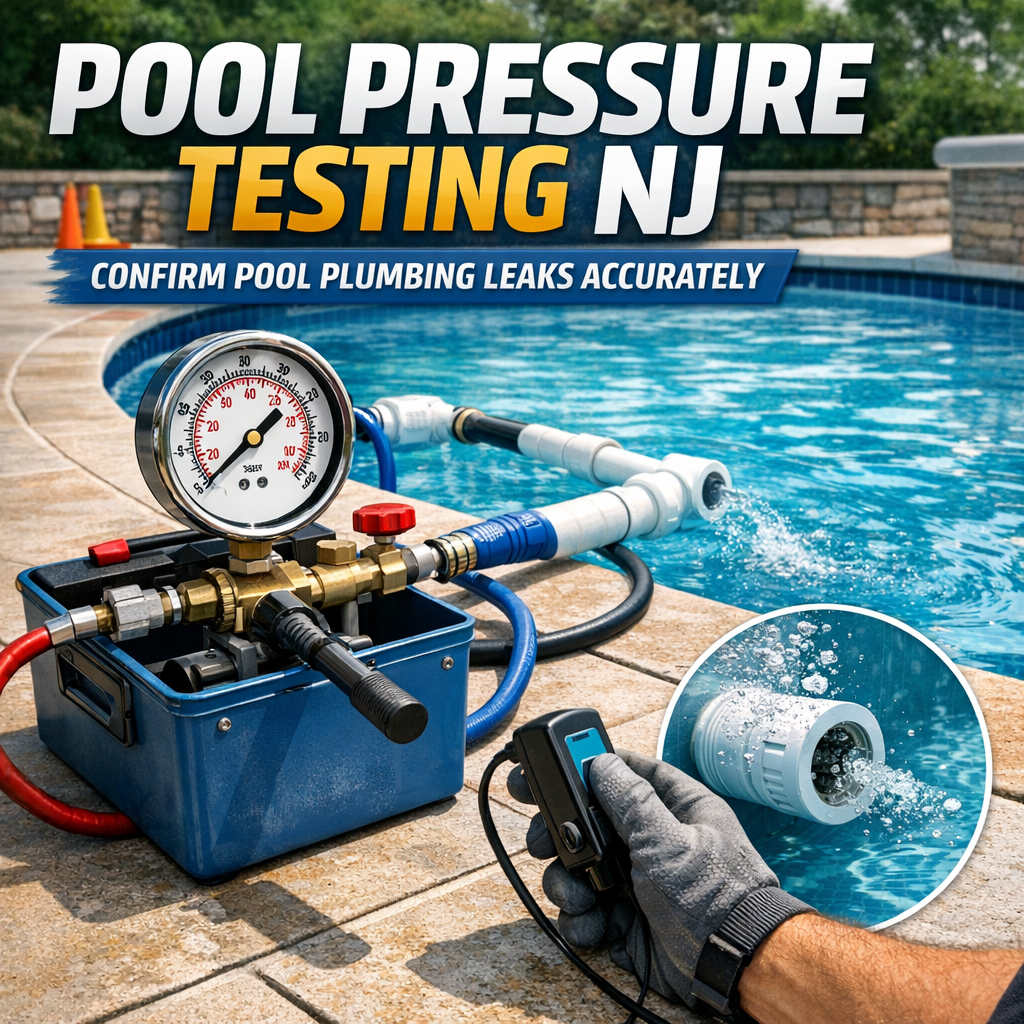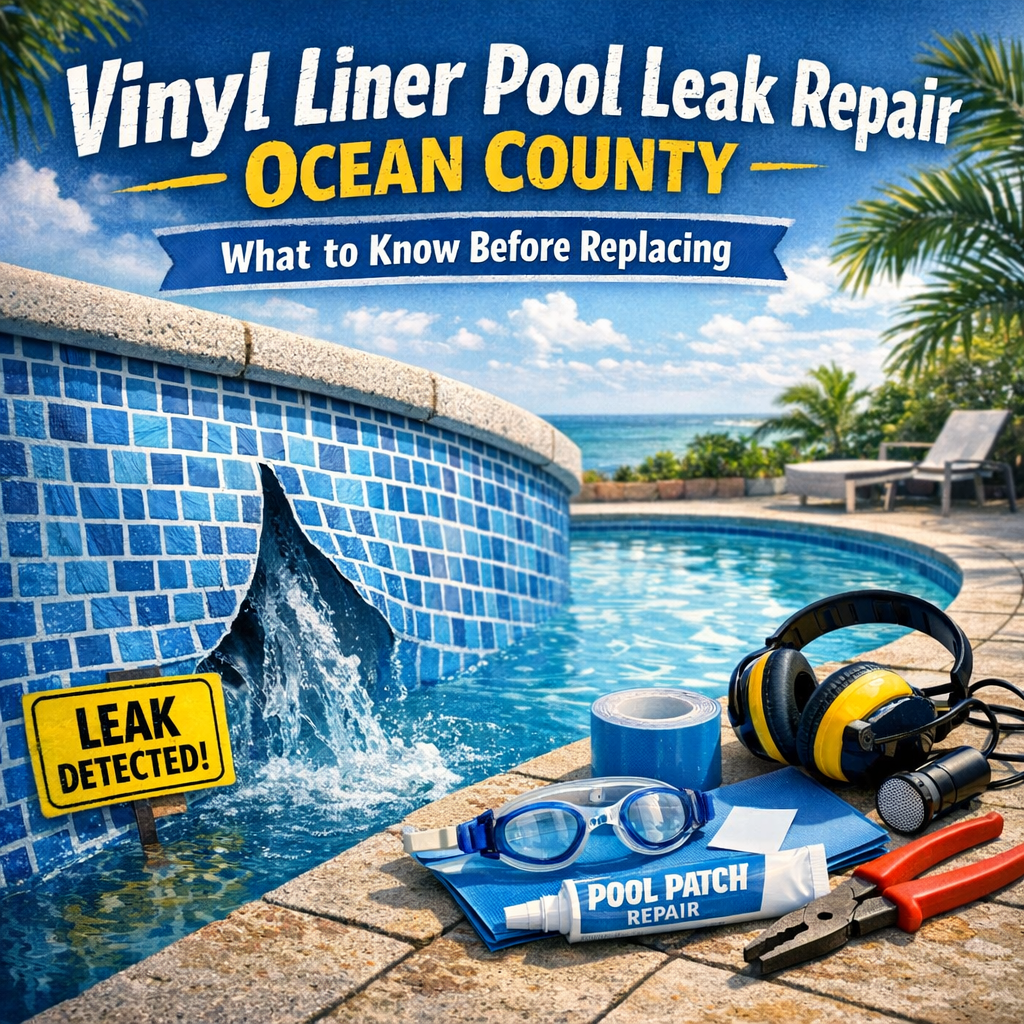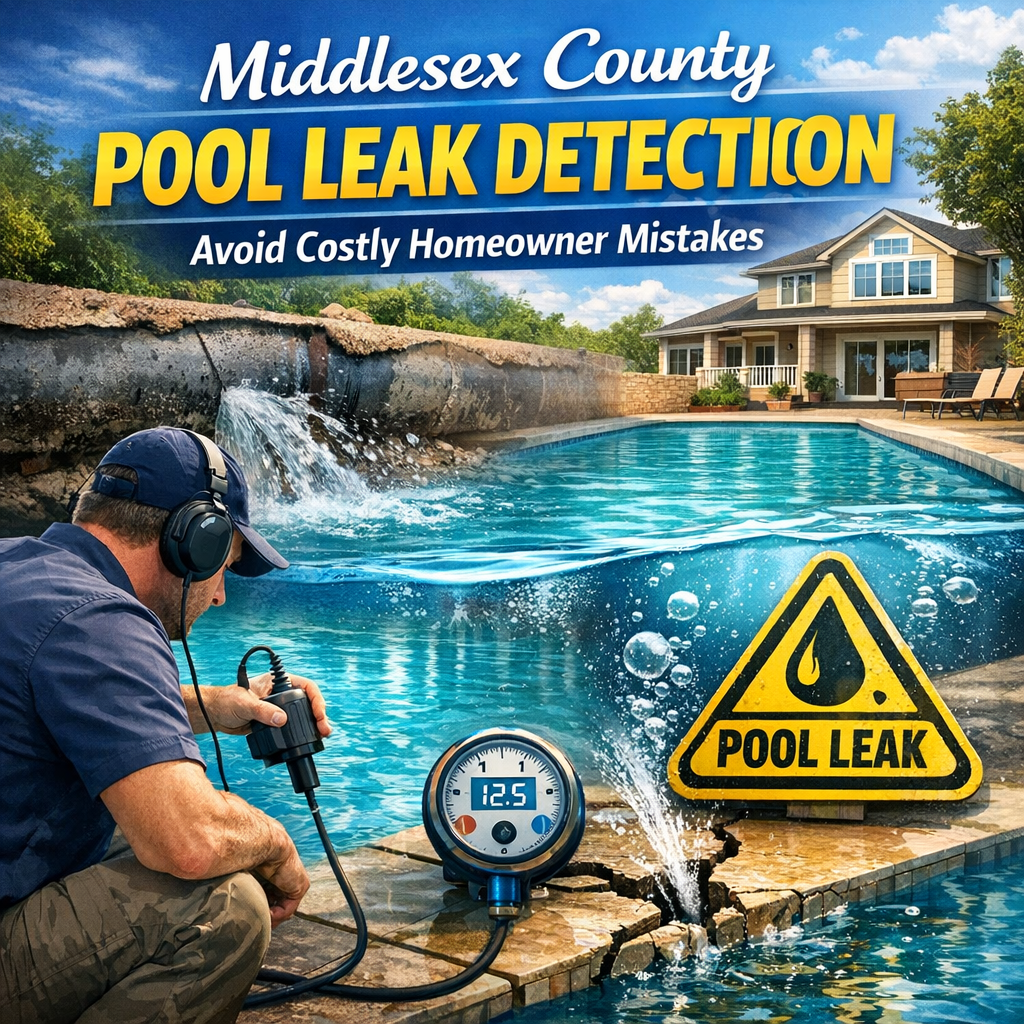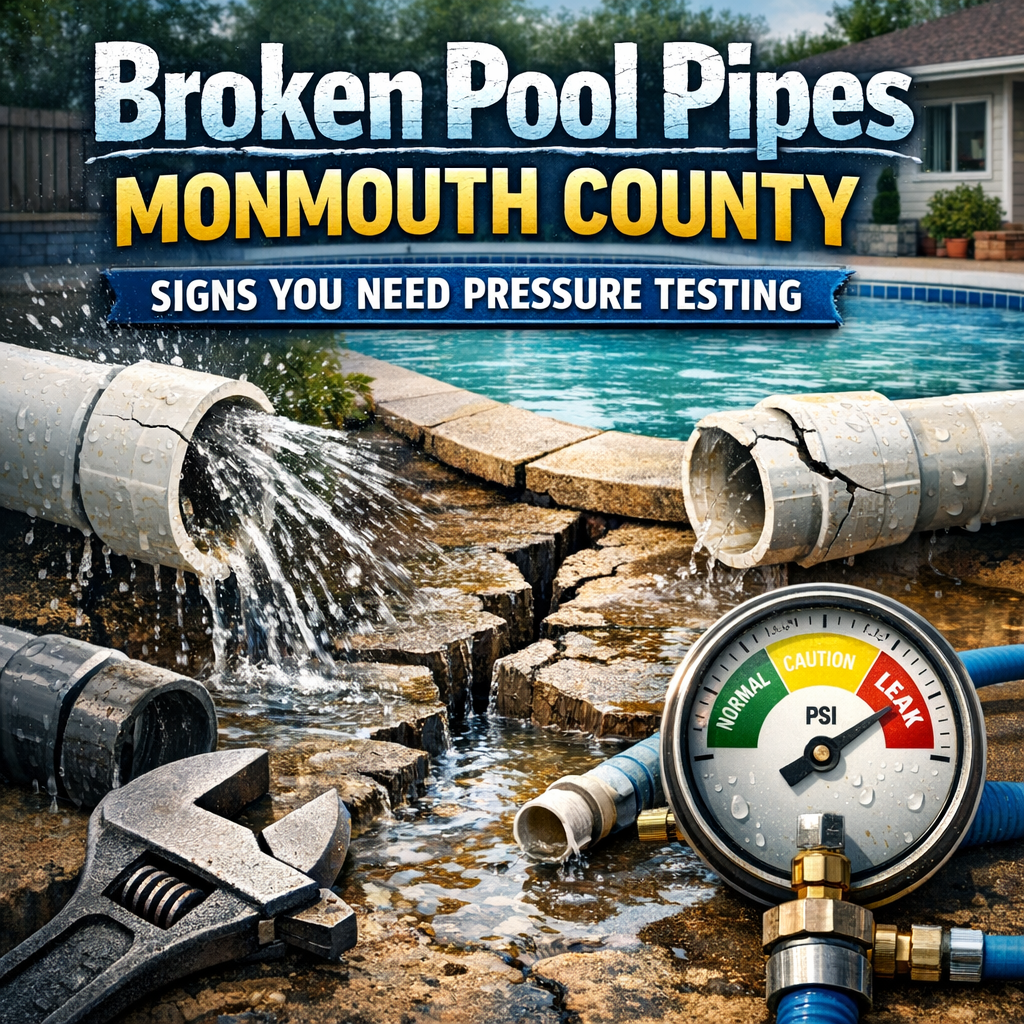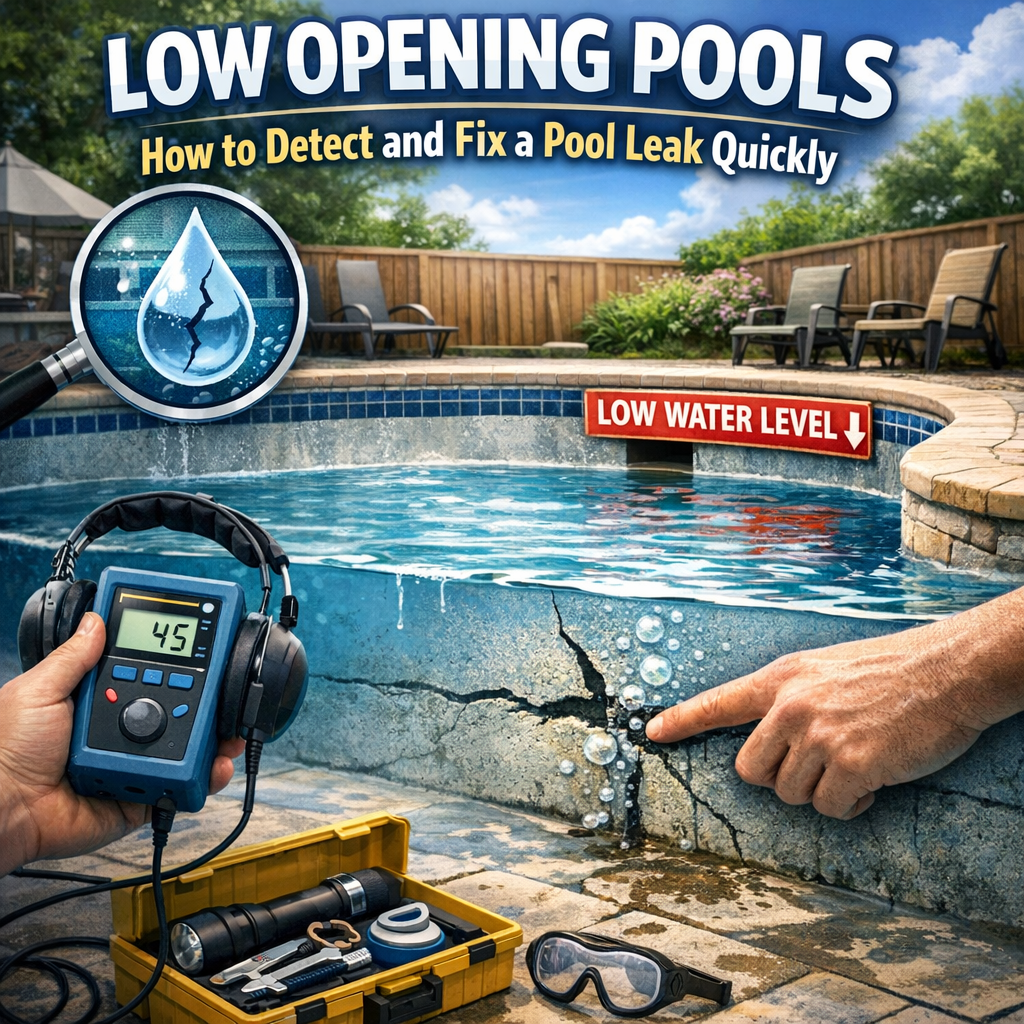Concrete deck pools are a popular choice for their durability and aesthetic appeal, but they are not immune to issues such as leaks. Adelphia Pools, a reputable pool service provider, has extensive experience in diagnosing and addressing leak problems in concrete deck pools. Understanding the common causes, identifying the signs early, and implementing effective solutions are essential steps to maintaining a functional and long-lasting pool. This article explores these aspects based on Adelphia Pools’ expertise, offering insights into how to manage and prevent concrete deck pool leaks effectively.
Common Causes of Concrete Deck Pool Leaks Identified by Adelphia Pools
Adelphia Pools has observed that concrete deck pool leaks often stem from a combination of structural, material, and environmental factors. One primary cause is cracking in the concrete deck, which can occur due to ground shifting, freeze-thaw cycles, or poor initial installation. These cracks provide entry points for water to seep beneath the surface, leading to leaks. Additionally, deterioration of the pool’s waterproofing membrane or sealants over time can compromise the integrity of the structure. Improper construction practices, such as inadequate curing or the use of substandard materials, also contribute to vulnerabilities. External factors like root intrusion from nearby trees or erosion of surrounding soil can further destabilize the foundation, creating pathways for leaks. Recognizing these common causes helps in early diagnosis and targeted repairs, preventing minor issues from escalating into significant leaks.
Signs and Symptoms of Pool Leak Issues in Concrete Deck Areas
Detecting a leak in a concrete deck pool requires careful observation of specific signs that often manifest around the deck area. Adelphia Pools emphasizes that noticeable water loss—more than an inch per week—is a primary indicator of a leak. Cracks or spalling in the concrete deck are visible signs that may suggest underlying issues. Water pooling or damp spots around the perimeter, especially if they persist despite proper drainage, can also point to leaks. Additionally, unexplained increases in water chemical levels or the presence of mold and mildew near the deck surface may be symptomatic of water infiltration. Unusual sounds, such as hissing or dripping, and the appearance of efflorescence (white, powdery deposits) on the concrete are further clues. Early identification of these signs allows for prompt intervention, minimizing damage and repair costs.
Effective Solutions and Preventive Measures for Pool Leaks
To address and prevent concrete deck pool leaks, Adelphia Pools advocates for a combination of targeted repairs and proactive maintenance strategies. Repairing cracks with high-quality, flexible sealants or epoxy injections can restore the deck’s integrity and prevent water intrusion. Reapplying or upgrading waterproofing membranes beneath the concrete surface ensures long-term protection against leaks. Regular inspections and maintenance, including checking for early signs of cracking or deterioration, are crucial in preventing leaks before they become severe. Landscaping efforts such as controlling root growth and ensuring proper drainage help maintain soil stability around the pool. Additionally, employing professional waterproofing and concrete sealing techniques during initial construction or renovation can significantly reduce the risk of future leaks. Combining these solutions with vigilant monitoring creates a resilient environment that preserves the structural integrity and longevity of concrete deck pools.
Understanding the common causes, recognizing early signs, and implementing effective preventive measures are essential for maintaining the integrity of concrete deck pools. Adelphia Pools’ extensive experience highlights the importance of proactive care and timely repairs in managing leak problems. By staying vigilant and adopting best practices, pool owners can enjoy a safe, beautiful, and leak-free swimming environment for years to come.


